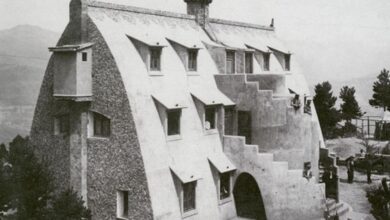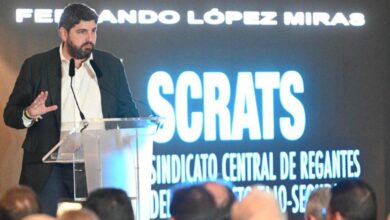
In November 2025, Catalonia held commemorative events to mark the 25th anniversary of Ernest Lluch’s death. Lluch was killed in 2000 in an attack carried out by ETA. He was not only Minister of Health in Felipe González’s government, but also one of the main reformers of Spain’s healthcare system. Thanks to his efforts, medical care became accessible to all citizens.
This year of remembrance saw Catalan authorities organize a series of official events to highlight Lluch’s enduring legacy. One of the key moments was naming a Primary Care Center in Barcelona’s Les Corts district after him. The ceremony was attended by regional leaders, health ministry officials, and city representatives. The atmosphere was filled with respect and gratitude for a man who dedicated his life to serving society.
Special attention was paid not only to his role in developing the healthcare system, but also in strengthening democratic values. Lluch was known as a supporter of dialogue and reconciliation, and was actively involved in social initiatives aimed at achieving peace in the Basque Country. Today, dozens of streets, schools, healthcare centers, and public spaces across Spain bear his name.
The memory that unites generations
Throughout the year, the Ernest Lluch Foundation organizes themed meetings, exhibitions, and discussions in Barcelona, Valencia, and other cities. These events not only recall the tragic events of the past, but also raise questions that remain relevant for society today: how to preserve and develop the healthcare system, how to maintain dialogue among different social groups, and how to stand against violence and intolerance.
Remembering Lluch, participants in the ceremonies highlight his role in shaping modern Spain. His ideas of social justice and equality continue to inspire a new generation of politicians and public figures. Even a quarter century after the tragedy, he remains a symbol of the fight for human rights and democratic values.
Debates over his legacy
There have also been controversies: in some regions, the question of keeping Lluch’s name on medical institutions is being discussed. This topic has sparked heated debate among politicians and the public, underscoring how significant his figure remains for different generations of Spaniards.
Commemorative events in Catalonia and other regions of Spain demonstrate that Lluch’s memory is alive and continues to unite people around the ideas of justice, dialogue, and peace. His life story serves as an example for those striving to change society for the better.











